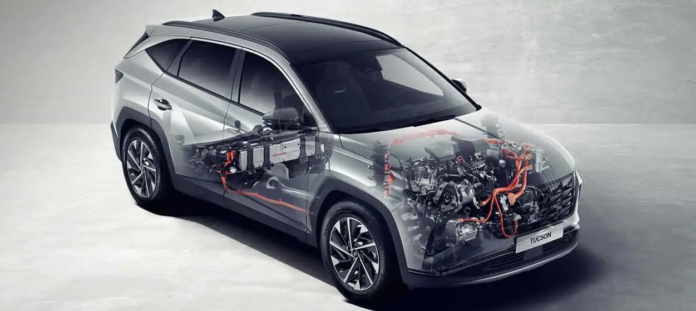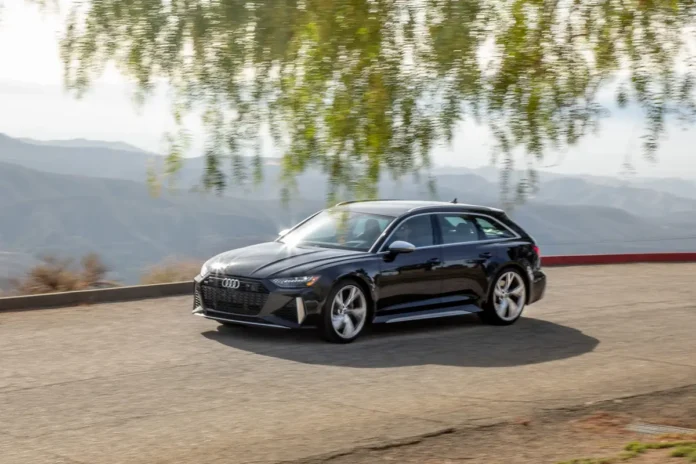Current Automotive Market Trends
As the prices of new cars are expected to rise due to impending tariffs, many consumers are left questioning whether to purchase their leased vehicle. With limited inventory and increasing demand for used cars, deciding whether to buy out a lease becomes more complex. The lingering effects of production slowdowns during the pandemic have exacerbated this situation, prompting a surge in used-car prices.

Weighing Your Options
The decision to buy your leased car largely depends on its buyout price in comparison to current market value. According to Greg McBride, a senior financial analyst, if the buyout cost is attractive relative to similar vehicles, purchasing may be a favorable option. Enthusiasts who enjoy their leased car and plan to keep it long-term should particularly consider this route.
Assessing Your Leased Vehicle’s Worth
To make an informed decision, it’s essential to evaluate your vehicle’s value: obtain an offer from a local dealer and research values on automotive websites. Moreover, reflect on your experience with the leased car — its reliability, suitability, and condition are crucial factors. Buying out the lease can also help you avoid any potential excess fees that could have accumulated.
Even if you don’t intend to retain the vehicle, acquiring it could allow you to resell it at a profit, given the rising market demand. Consider your lease agreement to ensure you understand all costs involved before making your final choice. In the current market landscape, buying out your lease may prove to be a prudent financial decision.


